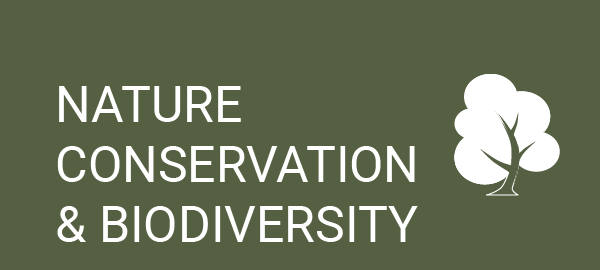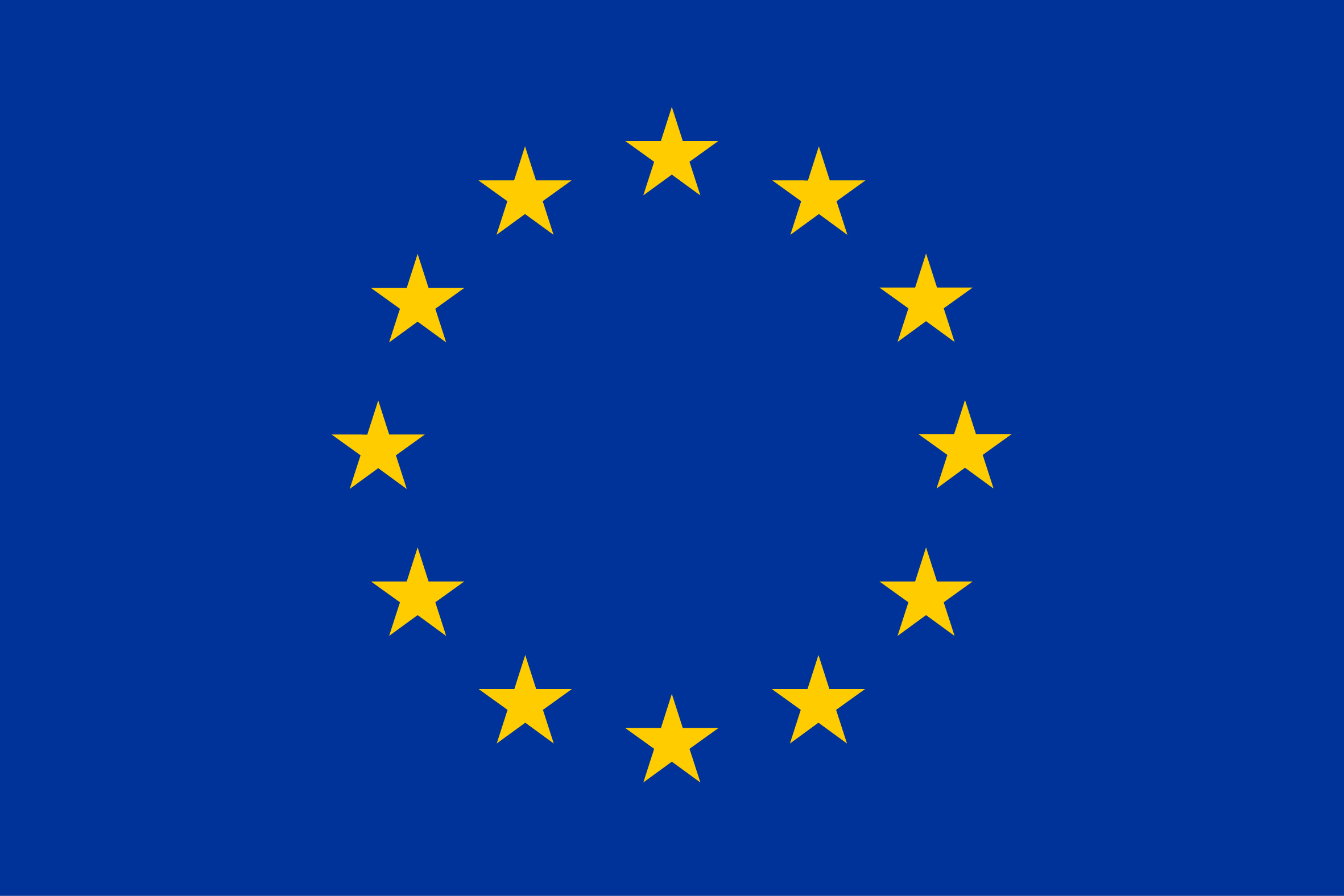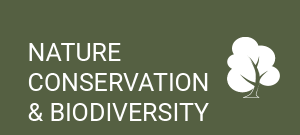There is an increased awareness that agro-ecological farming systems are fundamental for sustainable food production in the future. The key dilemma is how to produce public goods whilst having viable production of private goods, securing economic and social sustainability at a farm level, which is not overly dependent on public funds. The ambition of UNISECO project is to address this key dilemma through co-constructing improved, practice-validated strategies and incentives for the promotion of AEFS in participatory case studies in 15 European Countries.
The Latvian case study aims to explore transition strategies which address barriers and drivers of the economic viability of conventional and organic, largely grass-based, dairy farms by identifying actions that strengthen organic and agro-ecological farming practices, increasing the amount of certified organic milk processed into organic dairy products and stimulating consumer demand for organic dairy products.
Please find out more about Latvian case study:
- on project’s website: https://uniseco-project.eu/case-study/latvia
- policy brief “Policies Enabling Transition to Organic Dairy Farming Systems in Latvia“
- policy brief “Differentiation of support for organic farming based on the complexity of agro-ecological farming practices and performance of agro-environmental measures in Latvia“
- issue brief “Strengthening Agro-Ecological Farming Practices and Economic Viability of Organic Dairy Farms in Latvia”
- case study in nut shell: Case studies summary_Latvia
More information about the UNISECO is a European research project aiming to develop innovative approaches to enhance the understanding of socio-economic and policy drivers and barriers for further development and implementation of agro-ecological practices in EU farming systems: https://uniseco-project.eu/




